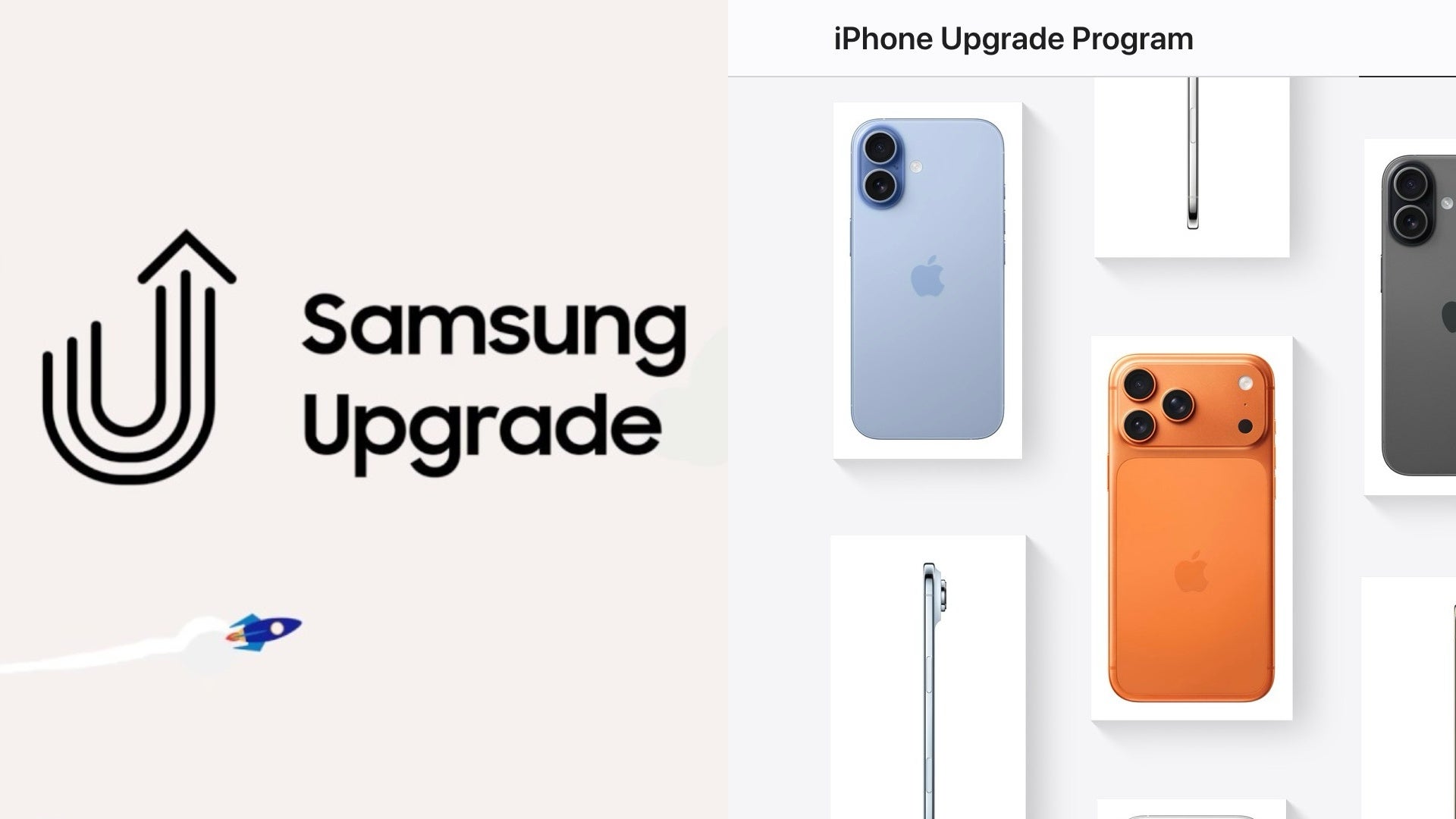With T-Mobile's "Jump on Demand" gone, what are your options for flexible phone upgrade plans?
T-Mobile just ended Jump! On Demand, its fan-favorite upgrade plan. What's left for users who hate 3-year plans?
This article may contain personal views and opinion from the author.

T-Mobile is officially sunsetting its flexible 'Jump! On Demand' program, leaving frequent upgraders in the lurch. With true carrier leasing options now effectively extinct, we explore what few alternatives remain for tech enthusiasts.
What happened to Jump! On Demand?
For years, T-Mobile's Jump! On Demand (JOD) was a unique gem for smartphone enthusiasts. It wasn't a standard financing plan, but a true leasing program, and it stood out in a market increasingly dominated by long-term contracts. Its core appeal was simple: flexibility.
JOD allowed customers to upgrade their smartphone as often as once every 30 days. You paid a monthly lease payment, and when a new, shiny device caught your eye, you could simply walk into a store, trade in your current phone, and start a new lease. It was the perfect program for tech journalists, developers, and enthusiasts who wanted to try the latest hardware—be it an iPhone, a Galaxy Fold, or a Pixel—without being locked in for years.
Now, that era is over. As we previously reported, T-Mobile is ending this beloved program for good. Existing JOD customers are reportedly being transitioned to T-Mobile's standard 36-month Equipment Installment Plans (EIPs), while the "parting gift" mentioned in the report seems to be a small, one-time bill credit (around $25 for some) or a final payoff offer on their leased device.
It's a minor gesture that does little to soften the blow of losing the most flexible upgrade program in the US. This move solidifies the industry's complete pivot away from consumer-friendly leasing and toward carrier-friendly long-term financing.
Why the end of JOD leaves a huge hap

The two upgrade phone upgrade programs left. | Image credit — Apple/Samsung
This model is fantastic for carriers. It locks customers in for three years, dramatically reducing churn and guaranteeing a steady, predictable payment stream. It also allows them to advertise flagship phones for deceptively low monthly payments.
For consumers, the "good" is that lower monthly payment. The "bad" is almost everything else. You are locked into a three-year loan for a device that is often considered "old" after two.
For consumers, the "good" is that lower monthly payment. The "bad" is almost everything else. You are locked into a three-year loan for a device that is often considered "old" after two.
By the 36-month mark, that phone is likely three generations behind, will have a significantly degraded battery, and may have stopped receiving crucial OS and security updates. You're still paying for a device that the market considers to have little value.
JOD was the antidote to this. It treated smartphones as what they are for many enthusiasts: a rapidly depreciating piece of technology that you "use" rather than "own" until it's obsolete. With JOD gone, where do serial upgraders turn? The other carriers offer little comfort.
AT&T has its "Next Up" program, but it's an add-on fee (typically $6/month) just for the privilege of upgrading once you've paid off 50% of your device (which is 18 months on a 36-month plan). Verizon has a similar 50% payoff requirement for its early upgrade options. These are not leases; they are just financing plans with a paid "early exit" clause. They lack the spontaneity and value that JOD provided.
This pushes the focus away from carriers and onto the manufacturers themselves, who have thankfully stepped in to fill the void, at least partially.
This pushes the focus away from carriers and onto the manufacturers themselves, who have thankfully stepped in to fill the void, at least partially.
The best remaining upgrade-focused programs
With carrier options dried up, enthusiasts must now look directly to the source. Here are the best leasing-like options left.
- Apple iPhone Upgrade Program: This is now the undisputed gold standard for upgrade flexibility, but it's exclusively for iPhones. It's a 24-month loan that bundles the phone and AppleCare+. The key feature is that you are eligible to upgrade to a new iPhone after just 12 payments (and trading in your current one). It's a clean, predictable, annual upgrade cycle managed directly by Apple.
- Samsung Upgrade Program: Samsung offers a similar program for its Galaxy devices. You finance a new phone over 24 months, and you get the option to upgrade after 12 months, provided your device is in good condition. This is the best and only real option for high-end Android fans who want that annual upgrade cadence.
- Google (and Everyone Else): This is where the options fall flat. Google had the "Pixel Pass" program, which bundled a phone, protection, and services. They discontinued it. Now, the Google Store offers standard 24-month financing (often through a third party like Synchrony Bank), but there is no structured "Pixel Upgrade Program" to compete with Apple or Samsung. You're simply expected to trade in your old device for whatever its depreciated value is, which is not a true upgrade program.
Which one works best for your situation, upgrade programs like JOD or 36-month financing programs?
Upgrade programs like JOD.
63.16%
36-month financing programs.
4.51%
Neither. I buy my phones outright and unlocked.
32.33%
The 36-month "trap" has been sprung
From my perspective, the end of Jump! On Demand is a significant and disappointing loss for consumer choice. It was the last vestige of carrier-level flexibility, a program that acknowledged not everyone wants to "own" a phone for three full years. The industry-wide pivot to 36-month EIPs feels decidedly anti-consumer, even as it's marketed as "more affordable."
Who are these 36-month plans for? They are for consumers who are purely sensitive to the monthly payment amount and don't mind using a phone until, as a friend of mine says, "until the wheels fall off." They are for people who see a phone as a simple appliance, not a piece of enthusiast technology.
T-Mobile's decision, while understandable from a business perspective (JOD was likely complex and expensive to manage), hammers the final nail in the coffin of carrier-based flexibility. The future of frequent upgrades now lies squarely with Apple and Samsung, leaving fans of other great brands like Google, OnePlus, or Motorola out in the cold.
Follow us on Google News













Things that are NOT allowed:
To help keep our community safe and free from spam, we apply temporary limits to newly created accounts: